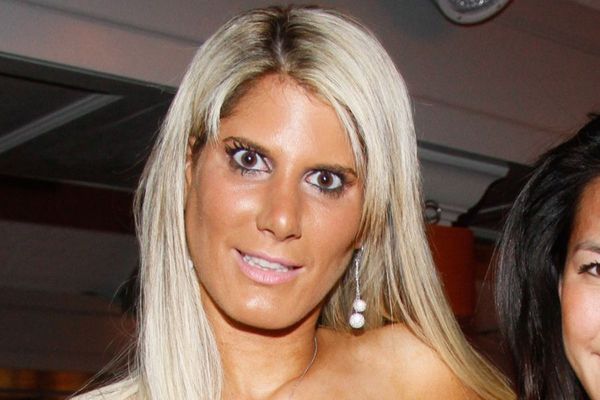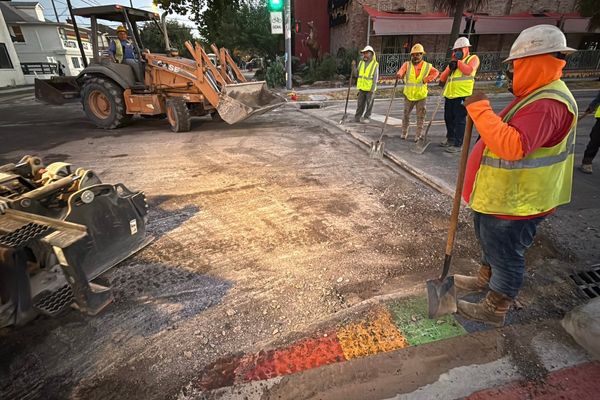
The Victorian Greens have forced the government to push back a vote on legislation that would expand taxes on vacant homes and undeveloped land, to avoid defeat on the floor of parliament.
The upper house was expected to vote on the State Taxation Acts and Other Acts Amendment Bill on Thursday but it will instead be delayed until next sitting week, with the Labor government hopeful it can strike a deal with the minor party in the interim.
The bill was announced by the state’s treasurer, Tim Pallas, at a Property Council event last month, as part of the government’s attempt to encourage more development.
If successful, it would see the vacant residential land tax expanded to include the whole state from 1 January 2025.
Vacant land tax currently only applies to empty residential properties in the inner and middle suburbs of Melbourne that have been vacant for six months, and is charged at 1% of the total value of the property, including any buildings on site.
But Greens leader, Samantha Ratnam, said the bill, alongside the government’s housing statement, does not go far enough to address the state’s housing crisis.
In a letter to Pallas last month, Ratnam said the Greens would not support either the bill – or any other legislation required to enact the housing statement – unless the treasurer met several conditions.
These included a commitment to introducing a two-year rent freeze, tighter regulation of short-stay accommodation and changes to plans to redevelop the state’s 44 high-rise public housing towers.
She said the party also wanted to see the vacancy tax increased to 3%, and released analysis from the independent Parliamentary Budget Office on Thursday that showed such a move could raise $300m over four years and take in 10,000 homes.
“The Greens won’t support an approach to housing that ignores thousands of people in financial distress, and will make the housing crisis worse,” Ratnam said.
“If Labor wants to pass any part of its housing statement in parliament, they’ll need to work with the Greens on reforms that will work, like rent controls and commitment to build public housing.”
Government focused on ‘behaviour change’ not tax revenue
Announcing the expansion last month, Pallas said he expected it would see an extra 600-700 homes taxed and generate about $6m in revenue annually.
Another tax on vacant residential land that has been unimproved for five years or more in established areas of metropolitan Melbourne from 2026 is also included in Labor’s bill.
Victorian premier, Jacinta Allan, said the bill was about “addressing behaviour change” rather than boosting the state’s bottom line.
“Land banking doesn’t get more homes built, [having] properties sitting vacant doesn’t provide people with the dignity of a roof over their head,” she told reporters on Thursday.
Pallas said debate on the legislation was under way and the government would “continue to engage with the opposition and the crossbench on passage of the bill in the usual way”.
The stoush over the bill represents the first time the government has met with significant push back from the minor party this term, and it could face more, with the Greens yet to form a position on Labor’s proposed changes to the state’s WorkCover scheme that were introduced to the lower house on Tuesday.
Guardian Australia understands several other crossbenchers also hold serious concerns about the bill, which if passed, will limit worker’s compensation for some mental health injuries.
Without the support of the opposition, the government requires the support of all four Greens MPs and two other crossbenchers to pass legislation.







